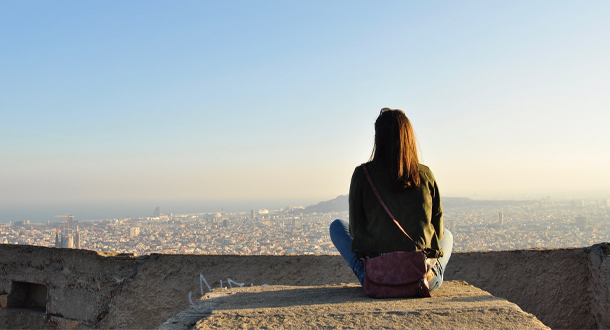
Memorial of Saints Basil the Great and Gregory Nazianen, Bishops and Doctors of the Church.
Scripture:
Reflection:
These two men lived in the early Church, in the 4th century; yet their challenges were similar to those we face today. They struggled to balance study, prayer, and work throughout their lives. They also lived in a time of great political and religious polarization.
As a young man, Basil enjoyed stimulating university life in Caesarea, Constantinople, and Athens. There he met Gregory Nazianzen, a quiet, scholarly man. The two became close friends.
Basil traveled through the East and studied monastic life. He formed his own monastic group in what is now Turkey. His friend Gregory joined him for five years. With input from Gregory, Basil composed a rule of life for monks, which still influences the monasteries in the Eastern Church, as well as Benedictine monks in the West. But he could not stay in his quiet monastery for long. He was ordained a priest, and ultimately became Archbishop of Caesarea.
Gregory also left the monastic life—to care for his father, who was a bishop. When Gregory got home, he was ordained a priest, although he did not think himself worthy. He was later consecrated a bishop by Basil and watched over his father’s diocese; and later he was bishop of the great see of Constantinople.
As bishops, both Basil and Gregory were called upon to defend the Church from Arianism, one of the most damaging heresies in the history of the Church: it denied the divinity of Christ. In 325, the Church called the Council of Nicaea to deal with the Arian crisis. But the Arians continued to gain power and political influence throughout the 4th century. Even so-called “Christian” emperors were Arian, which put Bishops Basil and Gregory in conflict with civil authority.
As bishops, St. Basil and St. Gregory ministered to their deeply divided flocks; people were often contentious and confused by the heresy. Gregory is known for his sermons on the Trinity. Basil is also known for his preaching, as well as his pioneering work in establishing systemic responses to poverty: hospitals, soup kitchens, and guest houses. Both Basil and Gregory are remembered for their contributions to the Church’s theology of the Incarnation and Holy Trinity as a response to Arianism.
In today’s first reading, written some two hundred years earlier, the Apostle John could be speaking to the Arians when he says: “Anyone who denies the Son, does not have the Father, but whoever confesses the Son has the Father as well”.
As 2021 begins, let us ask for help from Saints Basil and Gregory as we seek to balance our study, prayer, and work this year. Let us stand on the shoulders of these spiritual fathers as we contemplate sacred mysteries and engage in compassionate dialog in a divided world.
Patty Gillis is a retired Pastoral Minister. She served on the Board of Directors at St. Paul of the Cross Passionist Retreat and Conference Center in Detroit. She is currently a member of the Laudato Si Vision Fulfillment Team and the Passionist Solidarity Network.
